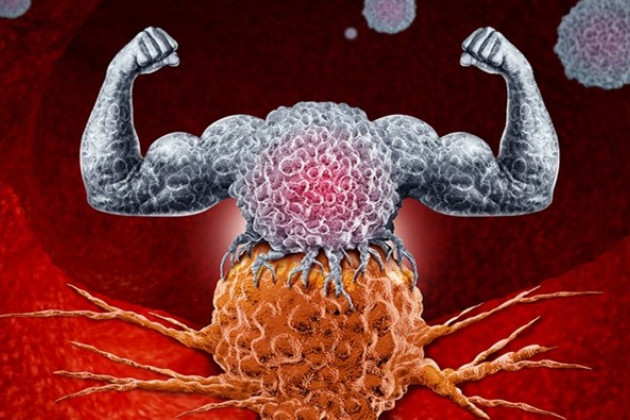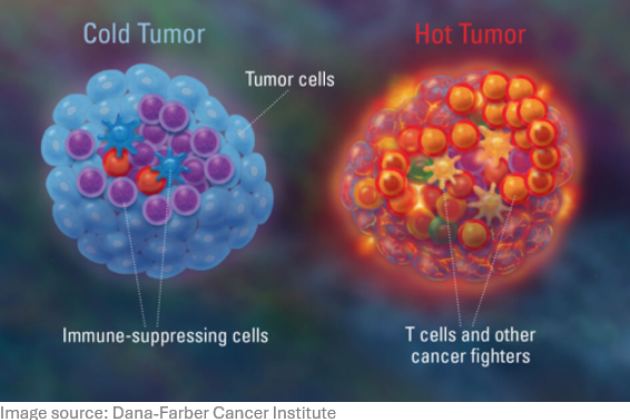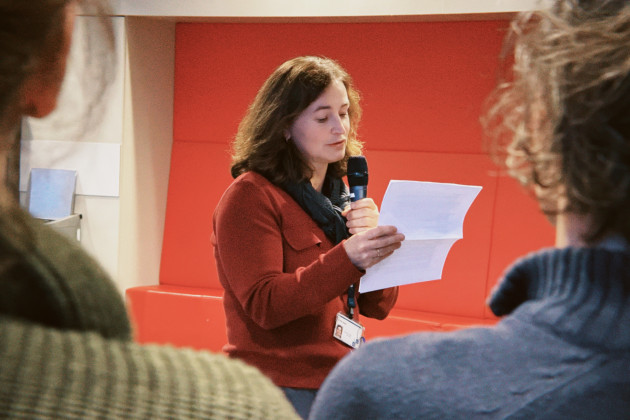Gene Therapy of Immunodeficiencies
Current research focuses on optimizing and clinically translating gene therapy for RAG1 and RAG2 deficiencies. These projects build on over 15 years of preclinical work, culminating in the application of lentiviral gene therapy using a codon-optimized RAG1 in hematopoietic stem cells. In our ongoing clinical trial, five patients have been treated, demonstrating excellent immune reconstitution. Additionally, our preclinical pipeline includes the development of lentiviral gene therapy vectors for BTK and RAG2 deficiencies.
To improve the availability and accessibility of gene therapy for patients, we have established a consortium called CURE4LIFE.
See https://www.lumc.nl/projecten/cure4life/
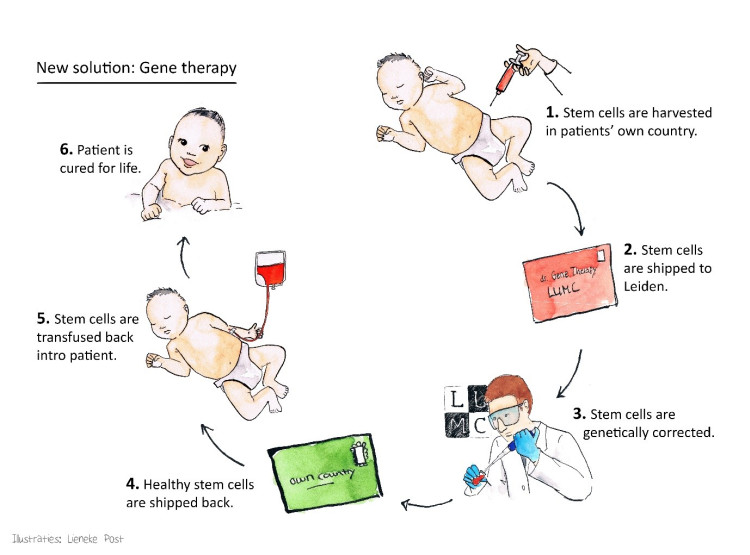
T cell development
T cell development is tightly linked to hematopoietic stem cell (HSC) differentiation. Unlike other hematopoietic lineages, T cells develop in the thymus, which is seeded by T cell progenitors from the bone marrow. Our research focuses on the dynamics of hematopoietic clones that populate the thymus and differentiate into mature T cells.
We also investigate human immunodeficiencies using a xenotransplant model to pinpoint developmental arrest caused by specific mutations. To study human T cell development, we employ single-cell RNA sequencing, functional assays, in vitro culture systems, and in vivo transplantation into NSG mice. Additionally, we explore how disruptions in Wnt signaling contribute to T cell developmental arrest and lymphoid leukemia.
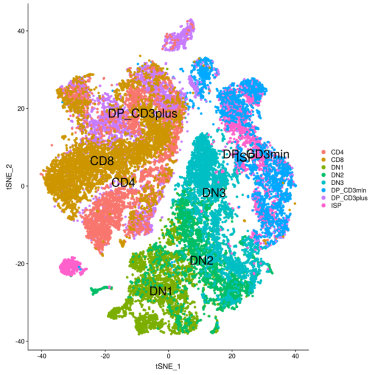
Molecular signals in HSC
The hematopoietic stem cell (HSC) and its progeny is another topic of interest. Without understanding what makes a HSC grow, resulting in repopulation of the bone marrow and generation of the hematopoietic system, either during development or after a bone marrow transplantation, the development of new therapies would be difficult. The HSC research group has an interest in understanding which molecular signals make HSCs do what they do, which cells provide these signals and how they can be manipulated to improve transplantation outcomes. The lab currently focusses on Wnt and Notch signals and their effect on hematopoietic differentiation.
